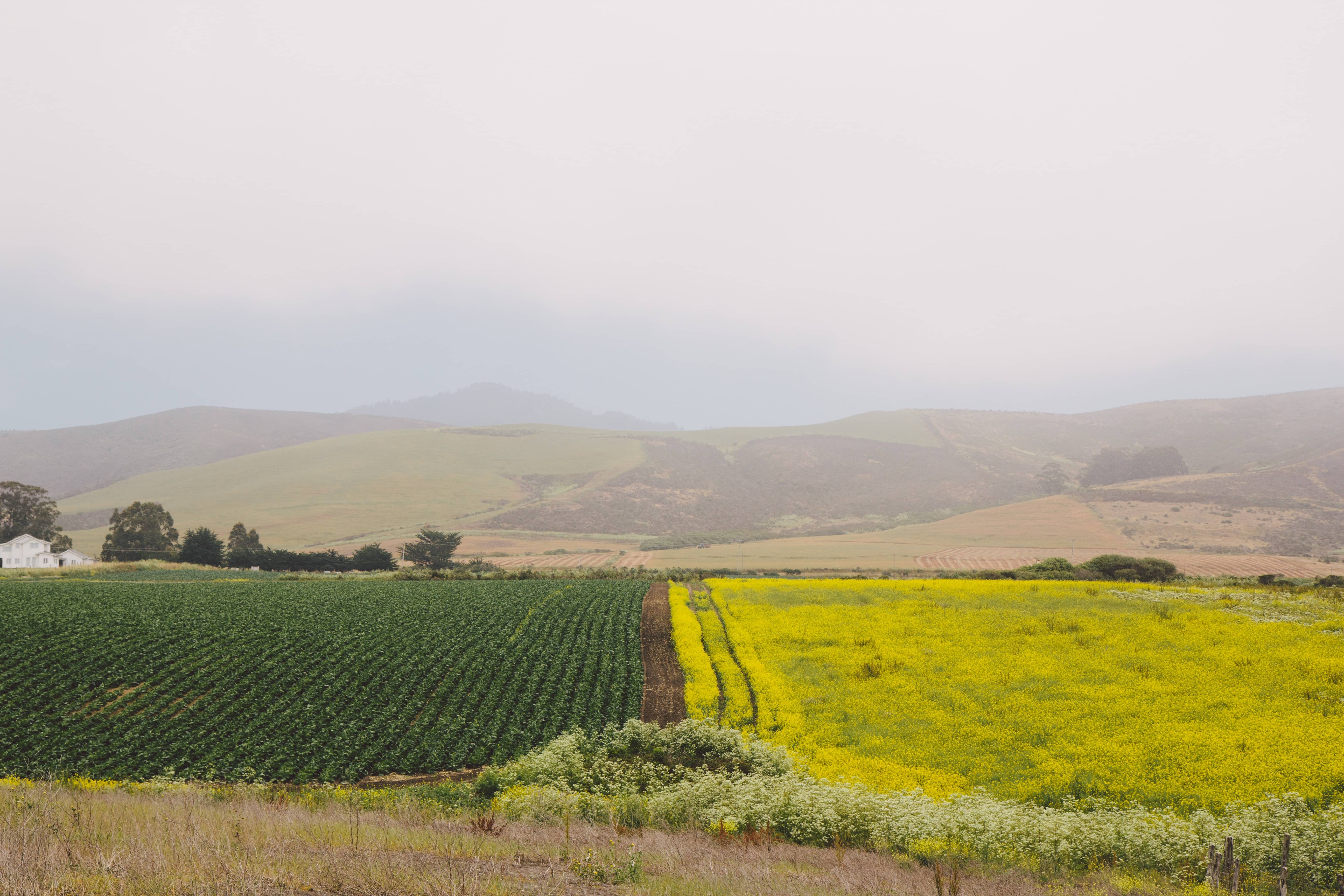A recent analysis by Lumo, a Smart Agtech company specializing in advanced water technology, suggests that new irrigation systems could save California’s farmers up to $9.75 billion in labor and electricity costs, along with 1.33 trillion gallons of water over the next five years. The findings come ahead of the COP28 summit in the United Arab Emirates and highlight the potential for technology to address pressing environmental issues.
Significant Savings in Labor and Electricity
According to Lumo’s data, if their technology were to be installed across all five million acres of specialty crop agricultural land in California, the state could see annual savings of $1.75 billion in labor costs and $200 million in electricity costs. The technology is already in use in 42 locations, covering a total of 150,000 acres.
Water Conservation
The analysis also indicates that the technology could conserve 266.8 billion gallons of water each year across California. This is equivalent to the annual water consumption of approximately 2.67 million homes, offering a substantial benefit in terms of environmental conservation.
Rapid Growth and Funding
Launched in 2022, Lumo has quickly expanded its customer base, securing 17 major clients across 42 farms, including some of the largest global wine growers. The company has raised $3.9 million in pre-seed funding, led by Fall Line Capital, a venture capital firm focused on sustainable agriculture technologies.
A Sustainable Approach
Devon Wright, CEO and Founder of Lumo, stated, “We aim to provide revolutionary technology that takes a more sustainable approach to outdated irrigation systems. As we gather more data, we can make our product more powerful and impactful.” While the wine industry has been quick to adopt this technology, Wright sees potential for its application across various agricultural sectors, not just in California but nationwide.
Customer Testimonials
Ryan Decker, Viticulture & Grower Relations Manager at Clos Du Val, praised Lumo’s technology, saying, “With the data Lumo provides, we are able to reduce costs and inefficiencies, allowing us to optimize our crop for each intended use.”
Global Implications
The United Nations predicts a 40% shortfall in freshwater resources by 2030. Given that irrigation accounts for 70% of total freshwater usage globally, the adoption of efficient irrigation technology is becoming increasingly crucial.
Photo by Andreas Strandman on Unsplash



2 Comments